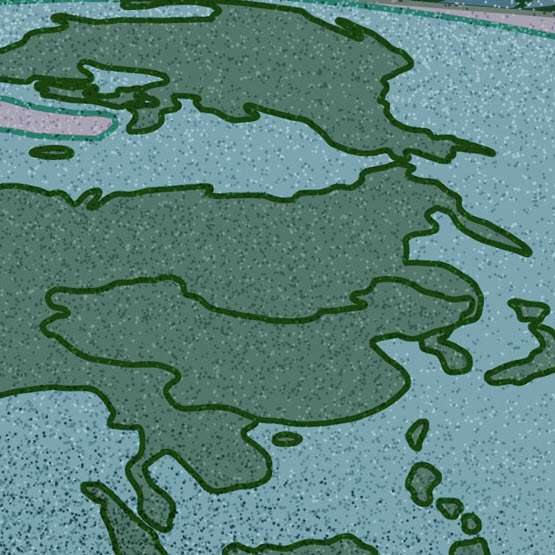Offering a strategic overview of the relationship between China and Myanmar across history, Ambassador Kelley Currie highlights grey zones, disaggregated sovereignty, fluid frontiers and deeply rooted mutual suspicions as permanent features of China’s southern strategic space’s hinterland in this podcast moderated by Nadège Rolland.
Timestamps
2:29: Importance of understanding China’s strategic space
3:20: Burma as part of China’s strategic space hinterland during the Qing empire
6:21: Post-colonial, Maoist period: PRC Communist insurgency support, Burmese hedging
9:45: Post Mao, Reform and Opening period, trade-based engagement, and illicit grey-zones trading.
14:54: Fluid border and disaggregated sovereignty, prominent role played by Kunming.
18:21: Xi era, tighter central government control, Burma as a strategic target.
21:03: Hydropower damming and rising discontent.
25:08: Burmese deep-seated suspicions, Chinese mining activities fueling conflict.
26:44: Situation since the February 2021 coup. Pax Sinica asserted around Chinese assets, PRC working with all groups.
28:29: Building incremental influence over China’s periphery, from trade to strategic domains.
31:28: Constraints and challenges for China’s presence and influence in Myanmar.
Nadège Rolland is Distinguished Fellow, China Studies, at the National Bureau of Asian Research (NBR), an American private think-tank based in Seattle and Washington, D.C.
Kelley Currie served as U.S. Ambassador-at-Large for Global Women’s Issues and the U.S. Representative at the UN Commission on the Status of Women. Prior to her appointment, she led the Department of State’s Office of Global Criminal Justice (2019) and served under Ambassador Nikki Haley as the United States’ Representative to the UN Economic and Social Council and Alternative Representative to the UN General Assembly (2017–2018).

